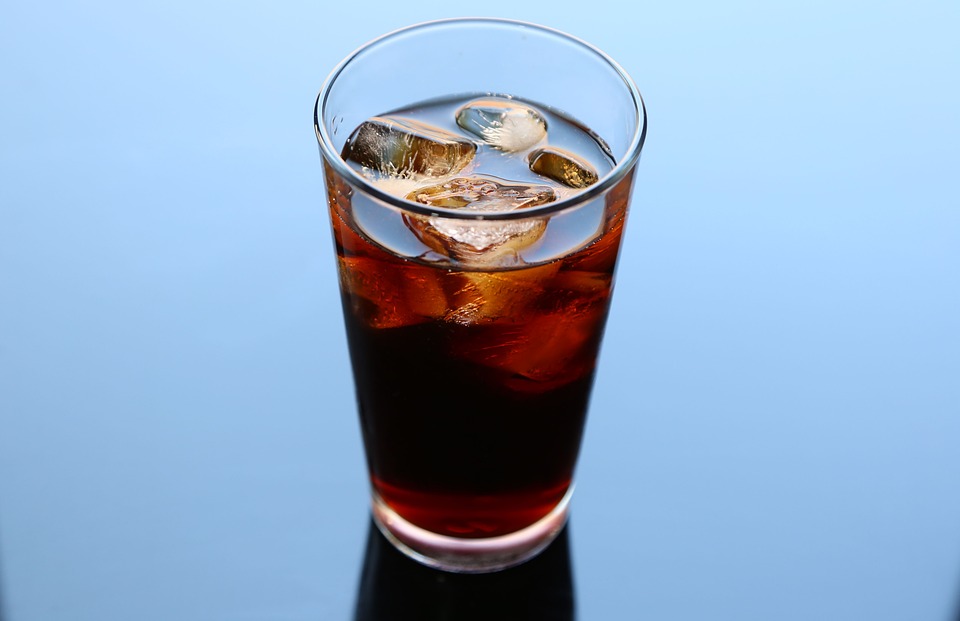Health - Artificial Sweeteners Linked to Weight Gain
People looking to lose some weight have long turned to artificial sweeteners to avoid the pitfalls of ingesting too much sugar. But new research suggests popping the tab on that diet soda is potentially opening up a world of trouble.
"I think a lot of people consuming them kind of assume they're harmless because they contain zero calories," posited Dr. Meghan Azad of Canada's University of Manitoba, "But what the evidence is suggesting is maybe there's more to the story than that."

Dr. Azad is the leader author of a new study in the Canadian Medical Association Journal that says artificial, non-nutritive sweeteners such as those used in diet drinks were associated with weight gain, a higher risk of Type 2 diabetes, and other health problems. The University of Manitoba team performed a systematic review and meta-analysis of 37 studies dating back to the early 1980s and involving more than 400,000 participants to reach the conclusion.
Nine of the earlier studies found that the subjects who consumed the greatest amount of artificial sweeteners had a 14 percent higher risk of Type 2 diabetes than those who consumed the least. In five studies, those who consumed the most had a 31 percent higher risk of developing metabolic syndrome - a cluster of conditions that includes higher blood pressure and cholesterol levels - than those who consumed the least.
"The message is there isn't strong evidence for a benefit from these products - and there's potential evidence for harm," said Dr. Azad, who recommends that people at least consider abstaining from artificial sweeteners like aspertame, sucralose, and stevioside until such time as more research is performed. Others agree there should be more research, but stopped short of going without the sweeteners that were approved by Canadian and Australian health officials.








 Create PDF
Create PDF Print
Print Email to friend
Email to friend